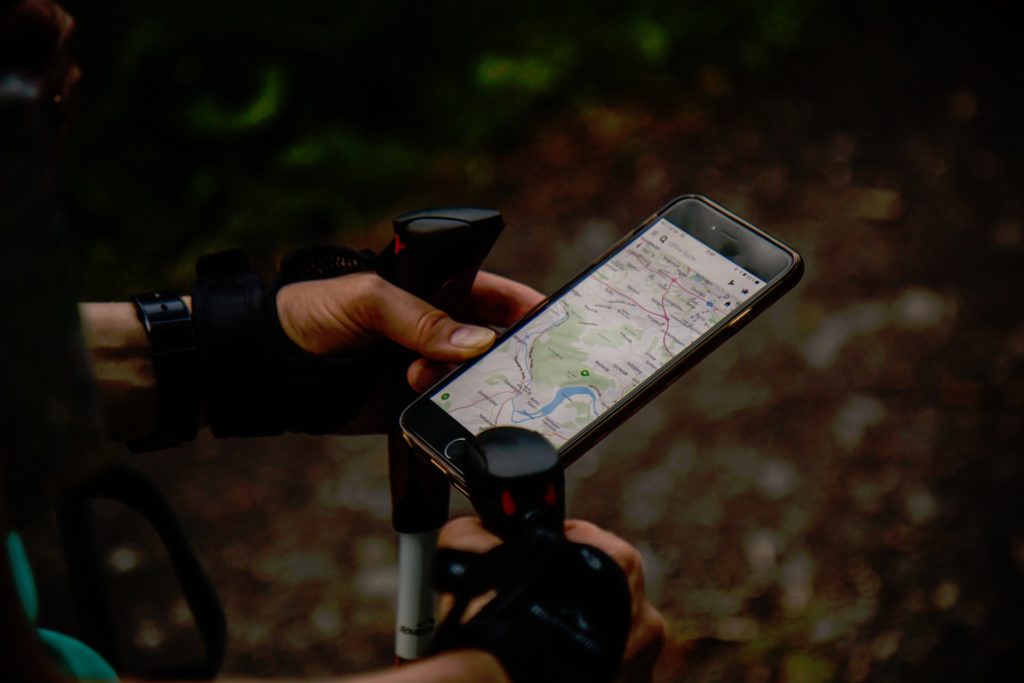A new digitised track-and-trace system is being piloted in the Western Cape. It will aid in contact tracing and slowing the spread of COVID-19 in the country. The system will soon be launched by the national government in other parts of the country.
The digital database will contain the names and details of everyone who has tested positive for COVID-19 in the country, as well as the details of all their known or suspected contacts. Much of the data generated for the system comes from private and public laboratories and testing facilities, and will remain confidential.
Controversially, electronic communications service providers may also provide information, although according to law firm Webber Wentzel, it can only be used by authorised persons to address and combat the spread of COVID-19.
Many have been concerned that this new digital system will infringe on constitutional rights to privacy. According to the Department of Health’s chief director of Policy Co-ordination and Integrated Planning Milani Wolmarans, they have shifted from manual tracing to digital tracing to ease the process of tracking COVID-19 contacts. She says the system does not monitor citizen’s movement.
“We have moved from the current manual contact tracing, which has health workers completely overwhelmed. It is a process to assist the tracers in a digitised format,” IOL reports she said when briefing the Western Cape legislature’s Ad Hoc Committee.
“Currently the Department of Health is not involved in a digitised system that is a surveillance programme. To put it in other words, there is no system where we are monitoring the movement or location of any citizen in the country.
“There was an attempt earlier to develop a system that would allow us to do that. However, the technical complexities and the privacy concerns around this and the protection of that privacy had us move towards a more active base and contract tracing service, rather than a surveillance system using the data of the mobile networking operators.”

